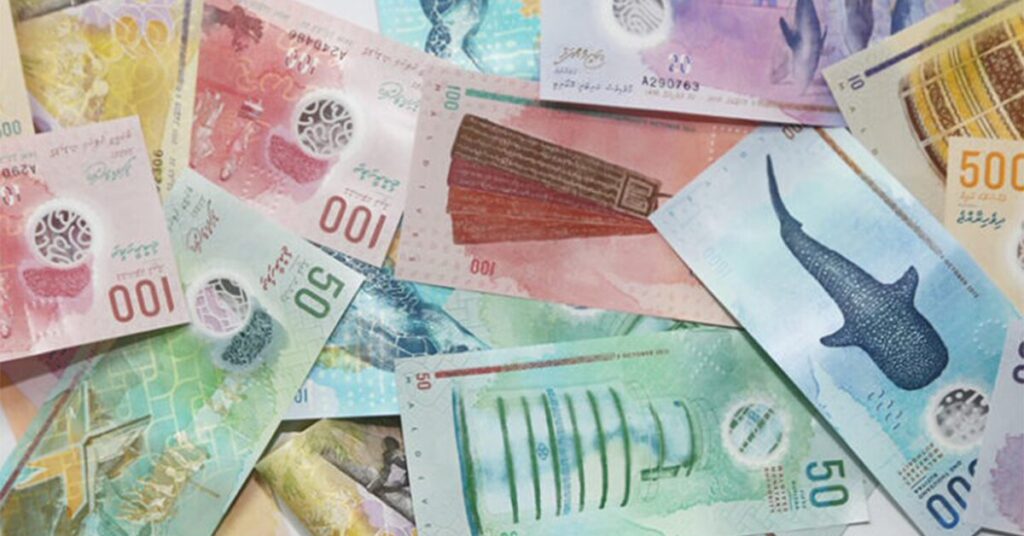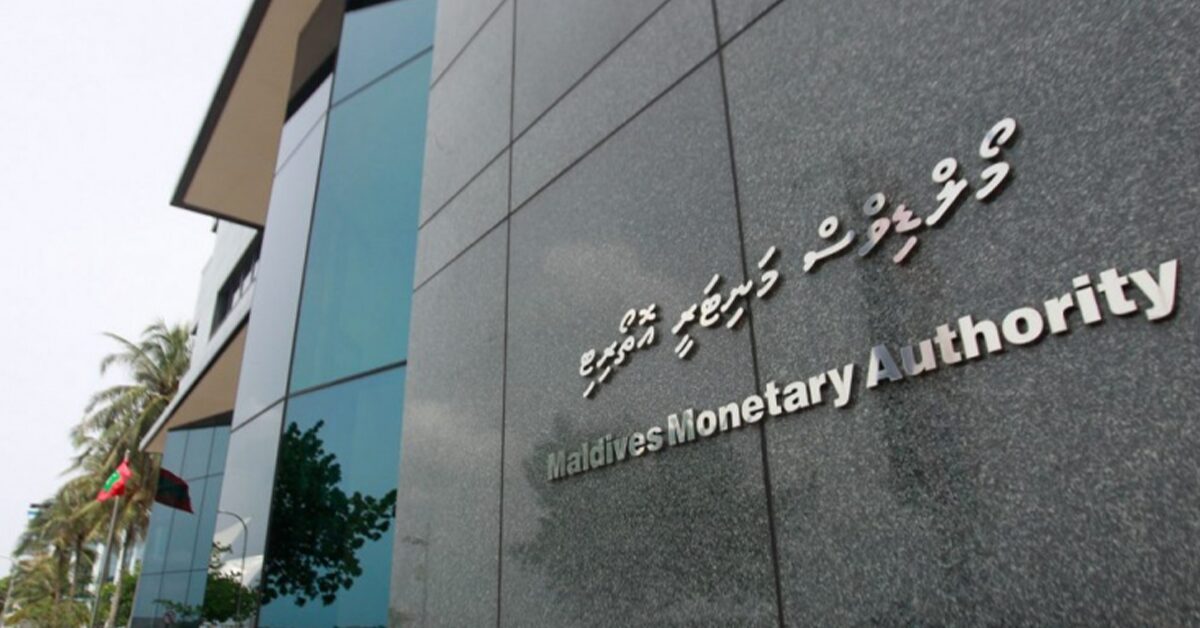The Maldives economy is set to grow by 4.7% in 2024, a downward revision reflecting slowed growth momentum, according to the latest Maldives Development Update released by the World Bank. The report highlights significant economic vulnerabilities stemming from persistent fiscal deficits, high debt levels, and external risks.

Erdem Ataş, an economic analyst, recently underscored these challenges, noting a decade-long accumulation of debt and ongoing fiscal imbalances. Ataş emphasized that mere economic growth and increased financing will not suffice to address these issues.
To stabilize the economy, Ataş advocated for essential expenditure cuts aimed at reducing fiscal and current account deficits. These measures, he argued, would bolster reserves managed by the Maldives Monetary Authority (MMA) and potentially improve the country’s debt outlook over the medium-term.
The World Bank echoed these concerns, warning of rising public debt, which reached $8 billion, equivalent to 122.9% of GDP in 2023. Without comprehensive fiscal adjustments, the report cautions that debt sustainability risks could escalate, potentially impacting the country’s ability to service its external obligations.
In response, the World Bank emphasized the urgency of implementing robust fiscal reforms, including subsidy reforms and improved revenue mobilization. These reforms are crucial to mitigating economic risks and sustaining growth amidst challenges in key sectors such as tourism.
“The government’s fiscal reform agenda is critical to ensuring economic stability in Maldives,” stated Faris Hadad-Zervos, World Bank Country Director for Maldives, Nepal, and Sri Lanka. “We remain committed to supporting Maldives in these efforts, which include targeted mechanisms to protect vulnerable groups and diversifying the economy away from tourism dependence.”
The Maldives government’s response to these challenges will be closely watched as it navigates the path towards economic recovery and resilience.



